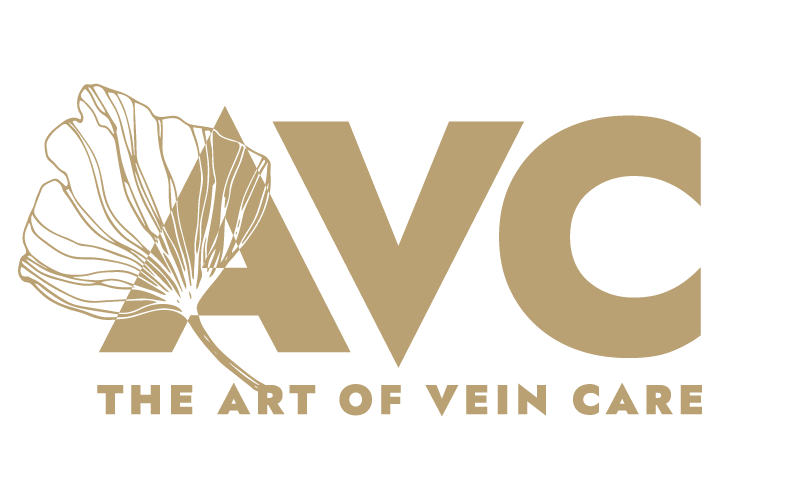Sclerotherapy, medical superglue or radiofrequency – which treatment is suitable for which patient?
Sclerotherapy
“Sclerotherapy is ideal for smaller veins and spider veins where no bigger veins (“feeder” veins) are involved,” says Dr David Huber, phlebologist from The Art of Vein Care in Gregory Hills, Wollongong and Orange. During the half-hour sclerotherapy procedure, a soap solution (sclerosant) is injected to irritate the wall of the vein until it collapses.
The veins become a thread of invisible scar tissue in the following months, and by the end of the treatment most of veins will be gone.
Radiofrequency Ablation & Laser Ablation
These are two thermal procedures (endovenous or within the vein), and clinically, the long-term results for both procedures are similar and excellent.
The main difference is that one uses high intensity radio waves (radiofrequency) and the other uses laser energy (laser).
“These two procedures are utilised when the varicose veins are being fed by a large and relatively straight superficial axial vein,” says Dr Huber.
A catheter is threaded through the vein and guided by ultrasound, all done under a local anaesthetic.
The catheter is inserted into the faulty axial vein, and the heat is used cauterize the vein so that it no longer feeds high pressure to the varicose veins.
The body then reroutes blood automatically through into the “deep” system of veins, which is the main system of veins that drain blood out of the leg.
Medical Superglue
Medical superglue is a type of glue that is also used for patients where the varicose veins are being fed by a large vein such as the great or small saphenous vein.
A catheter is placed in the relevant vein and glue is delivered using a special gun, all done under ultrasound control.
Regardless of whether one uses radiofrequency, laser or glue for the axial veins, the varicose veins are then closed by sclerotherapy.
See www.theartofveincare.com.au to schedule a veins consultation with us to find out the most suitable procedure.
All procedures have risks, all results are individual, speak to your doctor about any vein concerns.
